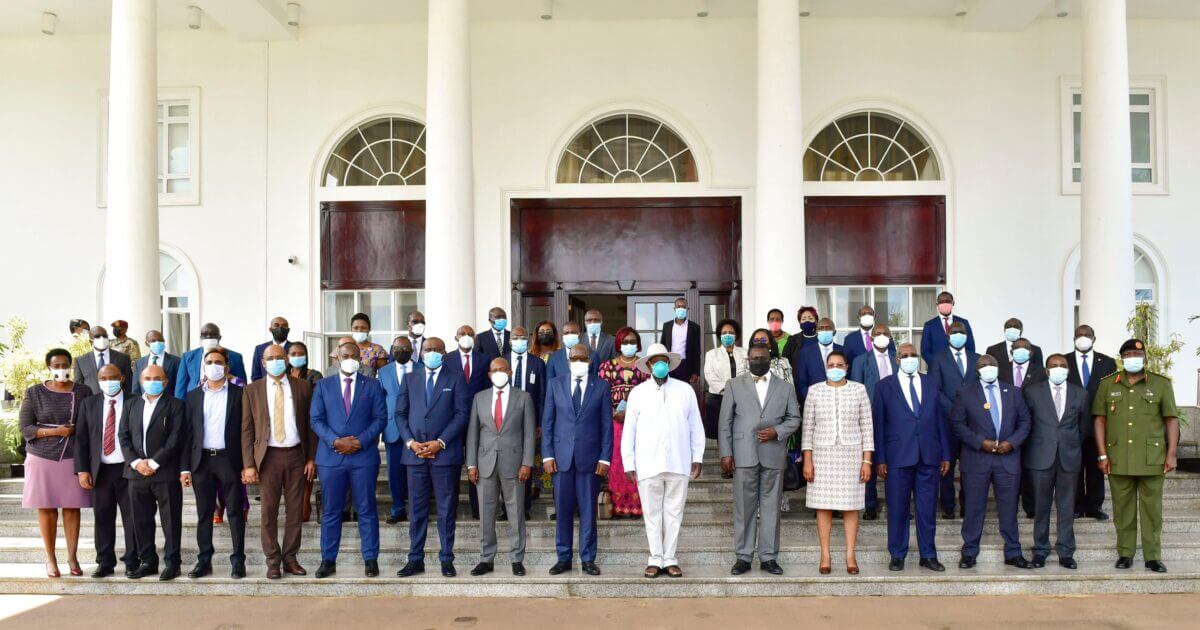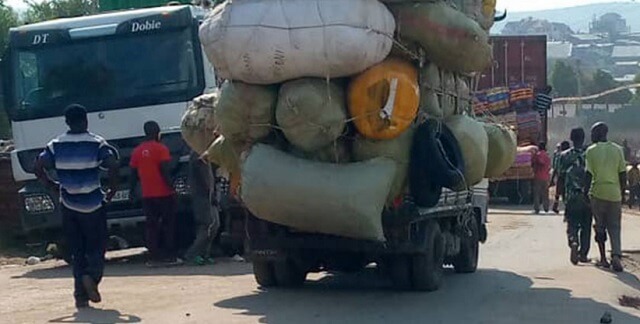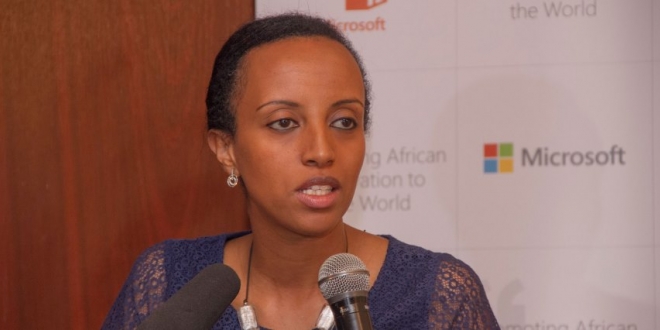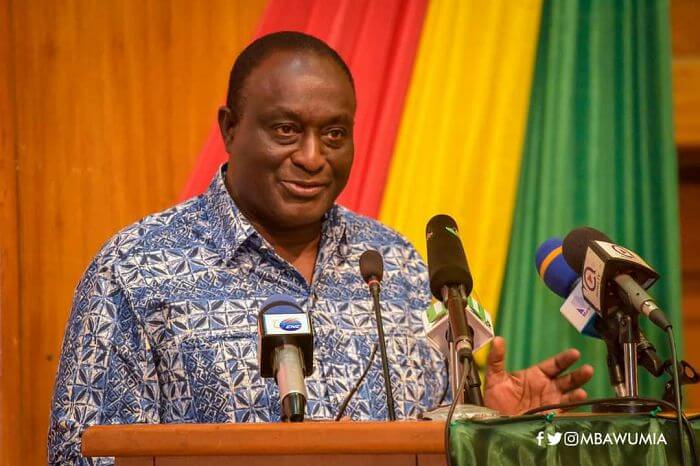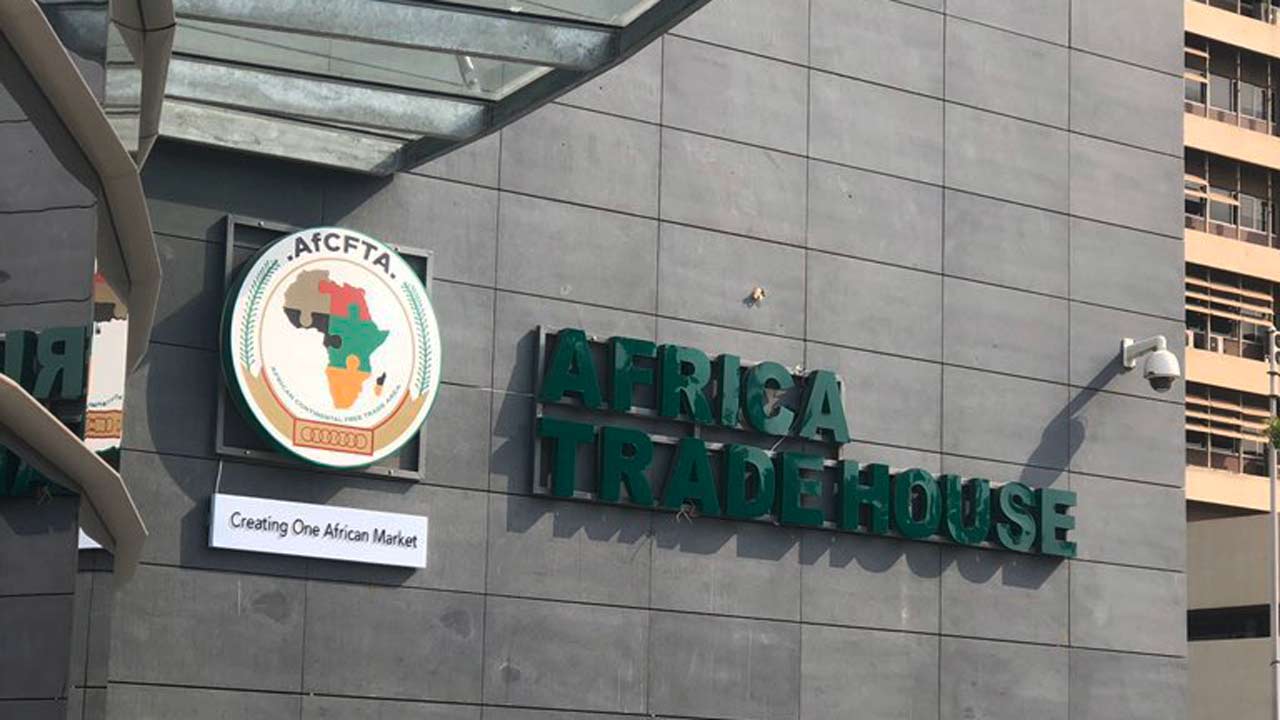President Museveni and other officials in a group photo after signing the Inter-Governmental Agreement (IGA) concerning the joint implementation of the road infrastructure on the territory of the Democratic Republic of Congo/State House Photo Uganda and the Democratic Republic of Congo-DRC have signed major agreements that will see the two countries bolster cross border trade, development and the stabilization of Eastern Congo. The signing ceremony that was held on Thursday at State House Entebbe, is a follow up to the meeting between President Yoweri Museveni and President Felix Tshisekedi that recently took place at State House Entebbe when he was in the country to attend the swearing ceremony of President Museveni. President Yoweri Museveni signed an inter-governmental agreement on behalf of Uganda while the Democratic Republic of Congo Deputy Prime Minister and Minister of Foreign Affairs Christophe Lutundula signed on behalf of the Democratic Republic of Congo. The signing was witnessed by the new Speaker of Parliament Rt. Hon. Jacob Oulanyah. On the same occasion, a Project Development Agreement was signed between the two countries on cross-border roads. The Permanent Secretary Ministry of Works and Transport Bageya Waiswa signed on behalf of Uganda while the DRC Minister of State for Infrastructure and Public Works Alexi Gisaro Muvunyi signed on behalf of the Democratic Republic of Congo. This was witnessed by the new deputy Speaker Anita Annet Among. The third PDA agreement was signed with the Dott Services Contractors and witnessed by DR Congo’s Presidential Advisor Bisere Fortunate. Speaking shortly after...
Uganda Signs Agreement to Commence Road Construction in DR Congo
Posted on: June 2, 2021
Posted on: June 2, 2021

